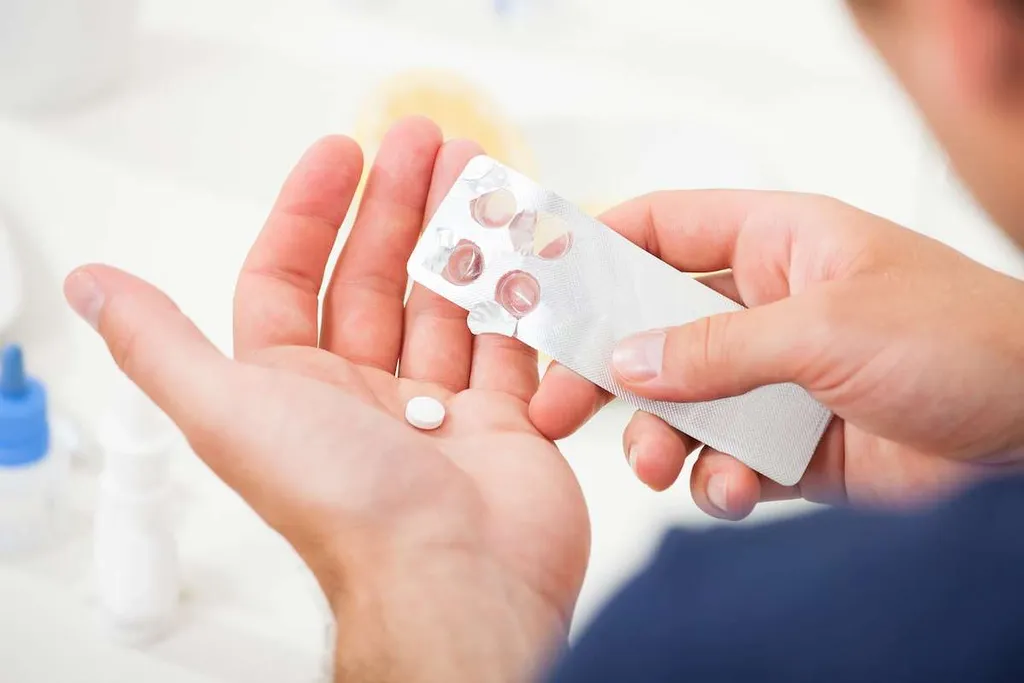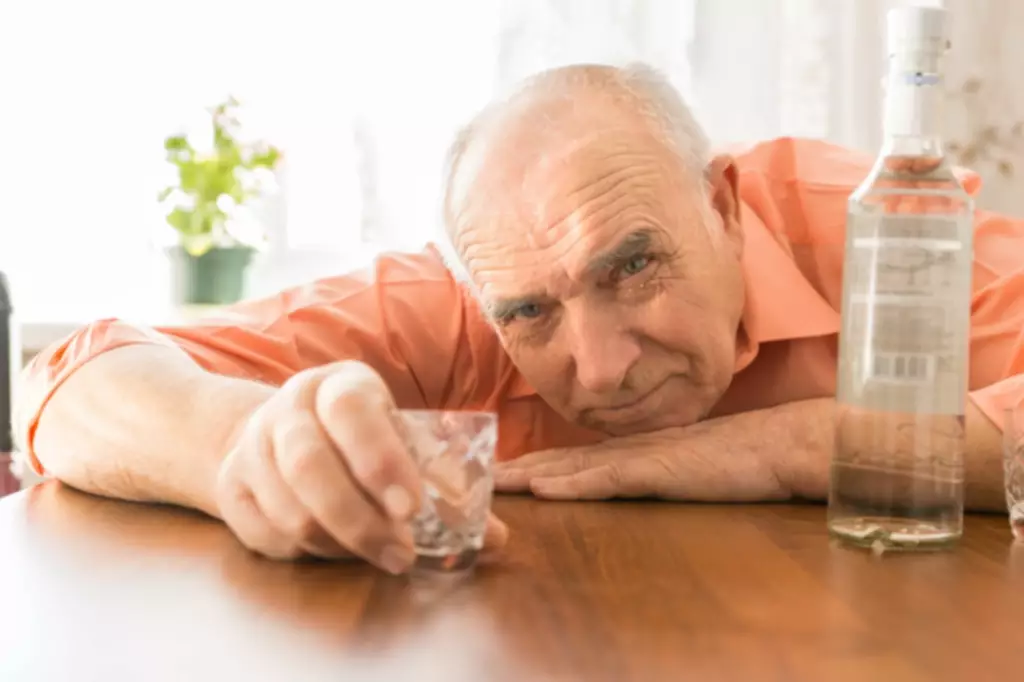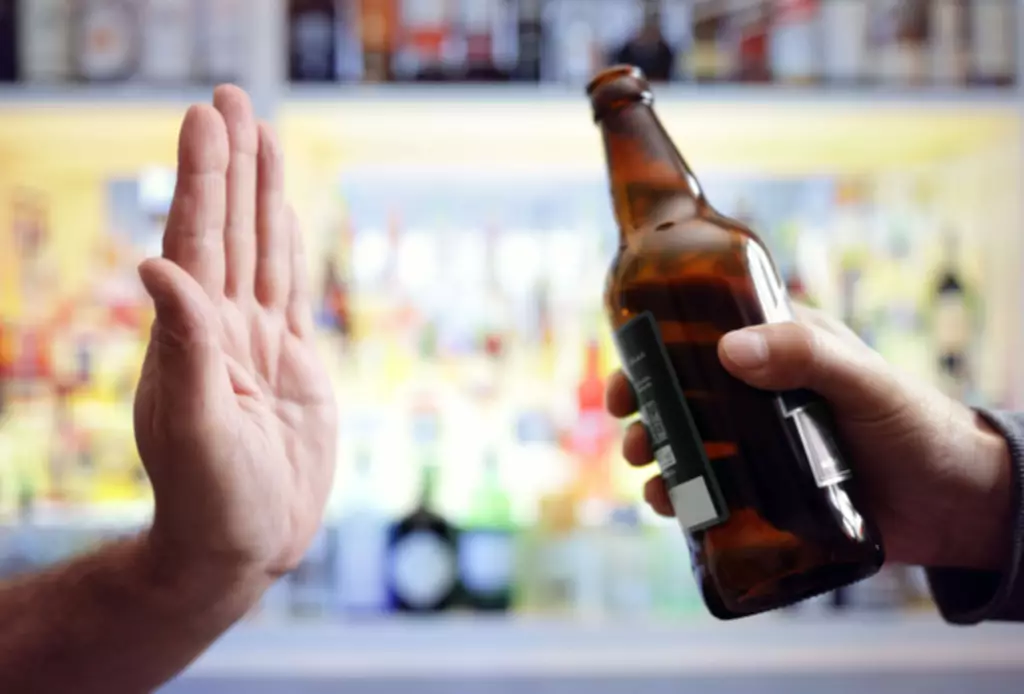
Psychological triggers also occur, often as a result of depression, anxiety, or toxic stress. Various treatment options are available and can help you get the support you need. Physical relapse is the third and final stage of a relapse, in which the individual uses the substance.
Negative feelings
Therefore, on the one hand, individuals expect that using will continue to be fun, and, on the other hand, they expect that not using will be uncomfortable. It’s impossible—and unhealthy—to avoid feeling all negative emotions, so avoiding these relapse triggers after your stay in rehab isn’t a viable option. When those emotions inevitably arise, you may feel tempted to turn to drugs and alcohol again to help you cope. Instead, you’ll need to draw on what you’ve learned in therapy to combat those cravings and stay sober.
- Instead, it’s about developing the skills and resilience to navigate them effectively.
- Later, when using turns into a negative experience, they often continue to expect it to be positive.
- The brain remembers that alcohol, opioids, benzodiazepines, or other substances once provided quick relief from these exact feelings.
- Integrating multiple evidence-based treatments enhances long-term recovery success.
How to Talk to Loved Ones About Your Recovery Journey
Whether emotional, environmental, or physical, these triggers can make it harder to stay on track. At AToN Center, we recognize the unique challenges that individuals face when confronting their triggers and provide comprehensive support to develop healthier coping strategies. Developing healthy coping strategies and seeking support from loved ones and professionals can help individuals manage triggers.
How Online Support Groups Help People Stay Sober
Environmental triggers are linked to specific places, people, or situations where substance use or addictive behaviour previously occurred. These triggers can be especially potent because they explicitly connect the recovery process to past habits. Examples include being in bars, parties, or around friends who continue to use substances. A trigger refers to a specific situation, emotion, or environmental cue that might Alcoholics Anonymous provoke the urge or desire to engage in addictive behaviours.

Therapy

Mental health conditions may be a significant internal trigger, especially if you have an undiagnosed mental health disorder. The stressors of daily life can include several triggers https://ecosoberhouse.com/ including coworkers, on-the-job stress, finances, and family tensions. Self-care habits make great strategies for responding to or preventing drug and alcohol cravings.

There are many categories of addiction relapse triggers, and they fall into multiple groups. They can be emotional, environmental or mental, and often a trigger falls into multiple categories. These are 10 of the most common triggers in addiction recovery, along with quick tips on how to avoid them.
Support Groups
By being present in the moment and observing thoughts and feelings without judgment, individuals can identify the sensations and emotions that lead to cravings. This practice enables better management of impulses and reactions to stressors, improving resilience against potential relapse triggers. A significant amount of people struggling with substance abuse find it difficult to resist relapse triggers. The negative side effects of relapsing relapse triggers list after enrolling in drug and alcohol recovery programs is another concern.

Strategies for Trigger Management
For additional support, work with your counselor or therapist on how to effectively deal with these reminders. It is important to learn how to be comfortable with uncomfortable feelings and emotions. Realize negative feelings don’t have to be a sign of an impending setback. By making changes in your lifestyle, relationships, and priorities, you may be able to reduce the number of stressful situations in your life. By doing this, you will be reducing the likelihood of stress triggering a relapse.
Having a reliable support system allows individuals to share their experiences and emotions, reducing feelings of isolation that may trigger cravings. Close relationships provide warmth and understanding, which can help individuals cope with the complexities of recovery. Research shows that emotional support from family and friends can significantly decrease the risk of relapse by promoting stability and resilience against stressors.


